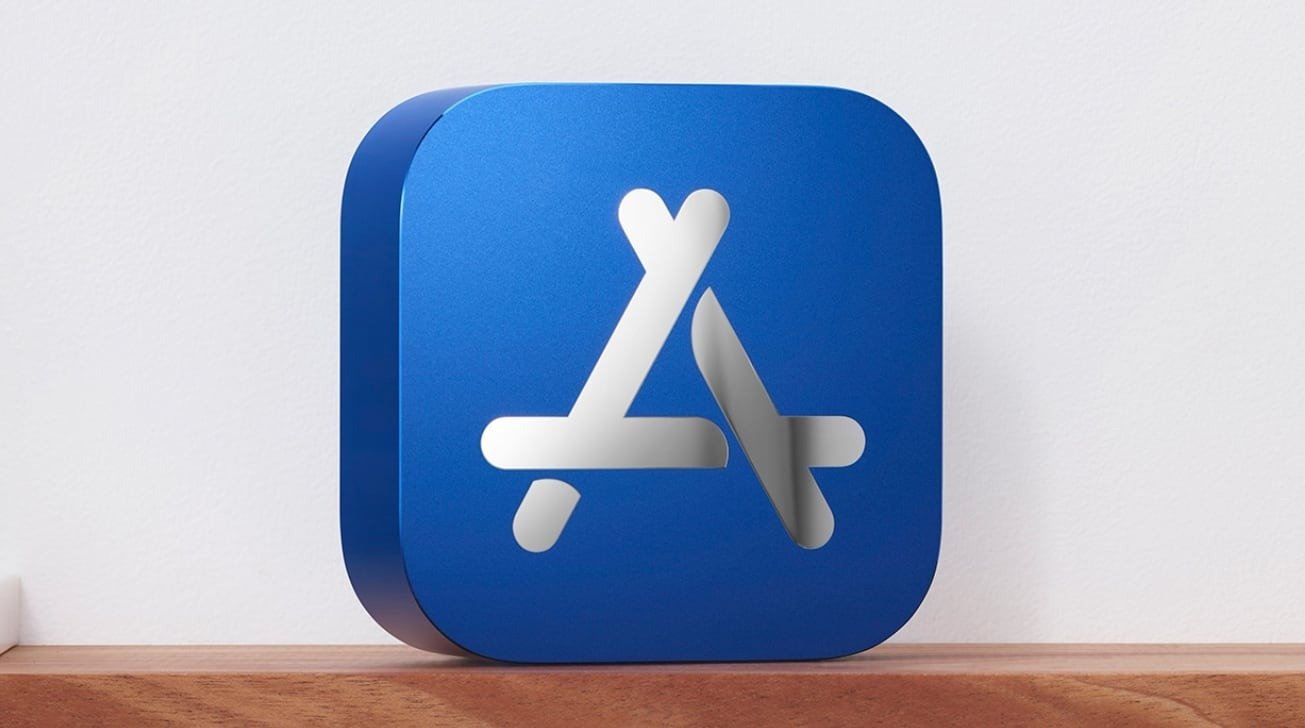A new report suggests that every tech giant has failed to provide crucial ad transparency tools to its user base, leaving the door open for disinformation and manipulation.
On Tuesday, Mozilla and CheckFirst, a Finland-based research company, released a report detailing how tech companies like Apple, Google, TikTok, and X handle ad transparency. Ultimately, the report found that all platforms could be doing more to disclose why a user is seeing an advertisement and who is behind the ad.
The research team conducted a comprehensive evaluation of the transparency tools, using over 20 parameters that encompassed functionality, data accessibility, and accuracy. The research was carried out between December 2023 and January 2024.
The study believes that, for best transparency practices, platforms should follow the five recommendations outlined below.
- Comprehensive Content: The API should provide access to both paid political ads and issue-based ads without restrictions based on pre-selected topics or keywords.
- Detailed Ad Information: This includes the content of the advertisement, targeting criteria, impressions, engagements, payment details, and microtargeting specifics.
- Functionality: The API should support advanced research and analysis, allowing for trend analysis, content downloads, and search functionalities.
- Data Accessibility: Advertisements should be available within 24 hours of publication, with historical data access going back at least 10 years. The API should be maintained and promptly fixed if issues arise.
- Public Access: Both the API and the data derived from it should be accessible to the general public.
For instance, X was identified as one of the platforms with the most significant transparency gaps. The study found that data was only accessible in a slow-to-load CVS file, lacking a user-friendly web interface. Moreover, it had notable deficiencies in targeting parameters and recipient data, further highlighting the need for improvement.
Platforms such as Apple, LinkedIn, and TikTok were rated moderately better, but each platform still fell short in various places.
The study praised Apple for making its API freely accessible and offering a fairly solid search feature in its web repository. Users can search using keywords, advertisers, date ranges, and more. However, it's only available in English.
Additionally, researchers cite that Apple "lacks information on useful aspects, like research and engagement."
The study recommends that Apple increase the information available to users, including complete disclosure of ads and ad entities and details about micro-targeting strategies and funding sources. It also suggests Apple incorporate tooltips and help sections to help users understand what they are looking at.
Apple currently provides one year of historical ad data, but researchers want to see that increase to at least ten years.
The report then makes transparency suggestions for all platforms. Noting that 2024 is a big election year in the U.S. and Europe, researchers believe that increasing transparency can help limit misinformation and manipulation.
The top recommendation is ensuring free and equal access to the web repositories, specifically through an easy-to-use interface. Users should not be required to log in or create an account to see crucial advertisement information.
Repositories should also be required to contain all advertisements on the platform in question and include documentation in all languages supported by the platform.
Researchers want to see IP restrictions lifted and registration processes simplified for ad repository API, allowing users to freely access data. They also suggest that API design should follow universally adopted standards over niche solutions.
The study would also like to see some level of standardization across platforms, which would allow researchers to make more direct comparisons across platforms and facilitate ease of testing.
Lastly, the report offers suggestions for regulators as well. It wants to see the European Commission and the Board for Digital Services Coordinators develop guidelines on ad repositories and stricter guidelines for branded, sponsored, or paid influencer content.
While not as large as Google, Apple is in the process of expanding its home-grown advertising business. However, dealing with a privacy-focused public image and from its own engineers could be a struggle.
The company recently began testing AI-placed ads in its App Store, which automatically decides the best spot to place ads.
 Amber Neely
Amber Neely







-m.jpg)






 Charles Martin
Charles Martin
 Wesley Hilliard
Wesley Hilliard
 Stephen Silver
Stephen Silver
 William Gallagher
William Gallagher

 Marko Zivkovic
Marko Zivkovic
 Andrew Orr
Andrew Orr









2 Comments
I don’t see major media being held to the same standards why should we expect Apple and others to comply with anything.